Conditions
Acne Scarring
Acne scarring is a common consequence of severe or prolonged acne breakouts, characterized by permanent indentations, depressions, or raised bumps on the skin’s surface. These scars can significantly impact one’s self-confidence and overall skin appearance.
Causes
Acne scarring occurs when the skin’s natural healing process is disrupted during the inflammatory stage of acne. Factors contributing to acne scarring include:
- Inflammation: Severe inflammation associated with inflammatory acne lesions, such as nodules and cysts, can damage the skin's collagen fibers, leading to scar formation.
- Delayed Healing: Picking, squeezing, or popping acne lesions can further aggravate inflammation and delay the skin's healing process, increasing the risk of scarring.
- Genetic Predisposition: Some individuals may be genetically predisposed to developing more severe forms of acne and subsequent scarring.
Types of Acne Scars:
- Atrophic Scars: Indentations or depressions in the skin, including icepick, boxcar, and rolling scars.
- Hypertrophic Scars: Raised or thickened scars that develop when the body produces too much collagen during the healing process.
Treatment Approach
Treatment options for acne scarring aim to improve skin texture, reduce scar visibility, and promote collagen remodeling. Common treatment modalities include:
- Dermal Fillers: Injectable fillers like hyaluronic acid or collagen can temporarily plump up depressed scars, restoring a smoother skin surface.
- Laser Therapy: Fractional laser resurfacing or intense pulsed light (IPL) treatments can stimulate collagen production, improve skin texture, and reduce the appearance of acne scars.
- Chemical Peels: Chemical peels containing exfoliating agents like alpha hydroxy acids (AHAs) or trichloroacetic acid (TCA) can help resurface the skin, reducing the appearance of shallow acne scars.
- Microneedling: Also known as collagen induction therapy, microneedling involves the use of fine needles to create controlled micro-injuries in the skin, stimulating collagen production and improving acne scars over time.
- Subcision: A minor surgical procedure that involves breaking up fibrous bands beneath the skin's surface to release depressed scars and promote collagen remodeling.
Recommended Skincare Product from Obagi Medical:
Obagi Nu-Derm System: This comprehensive skincare system includes a range of products designed to rejuvenate and improve skin texture, reducing the appearance of acne scars over time. Key ingredients such as hydroquinone, tretinoin, and vitamin C promote collagen synthesis and skin renewal.
Our Testimonials HEAR WHAT OTHERS THINK OF US




